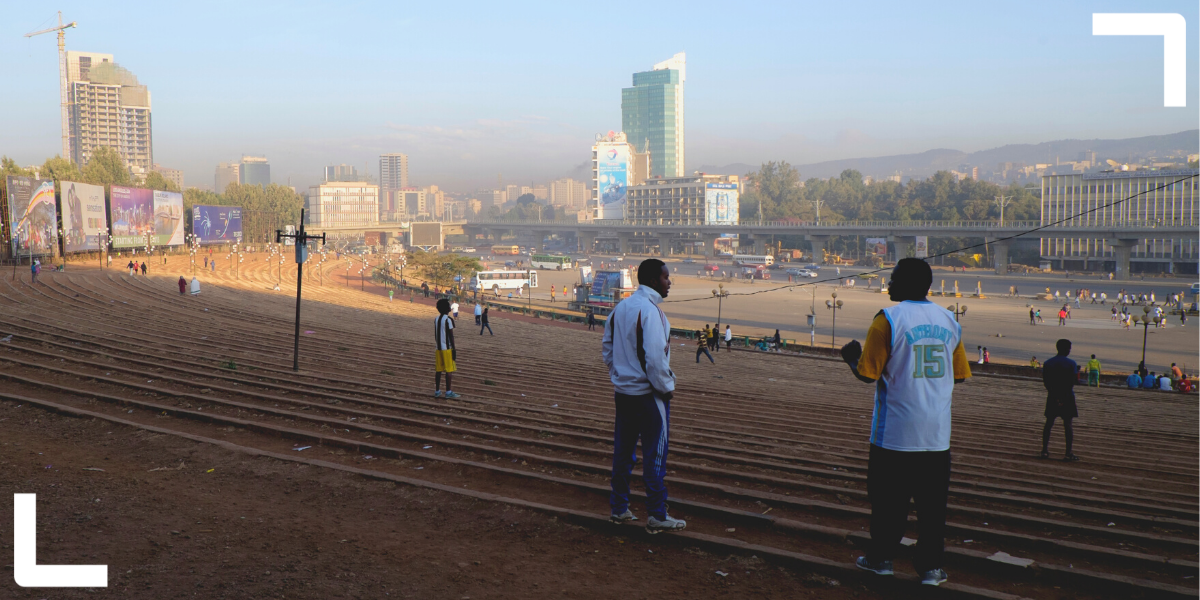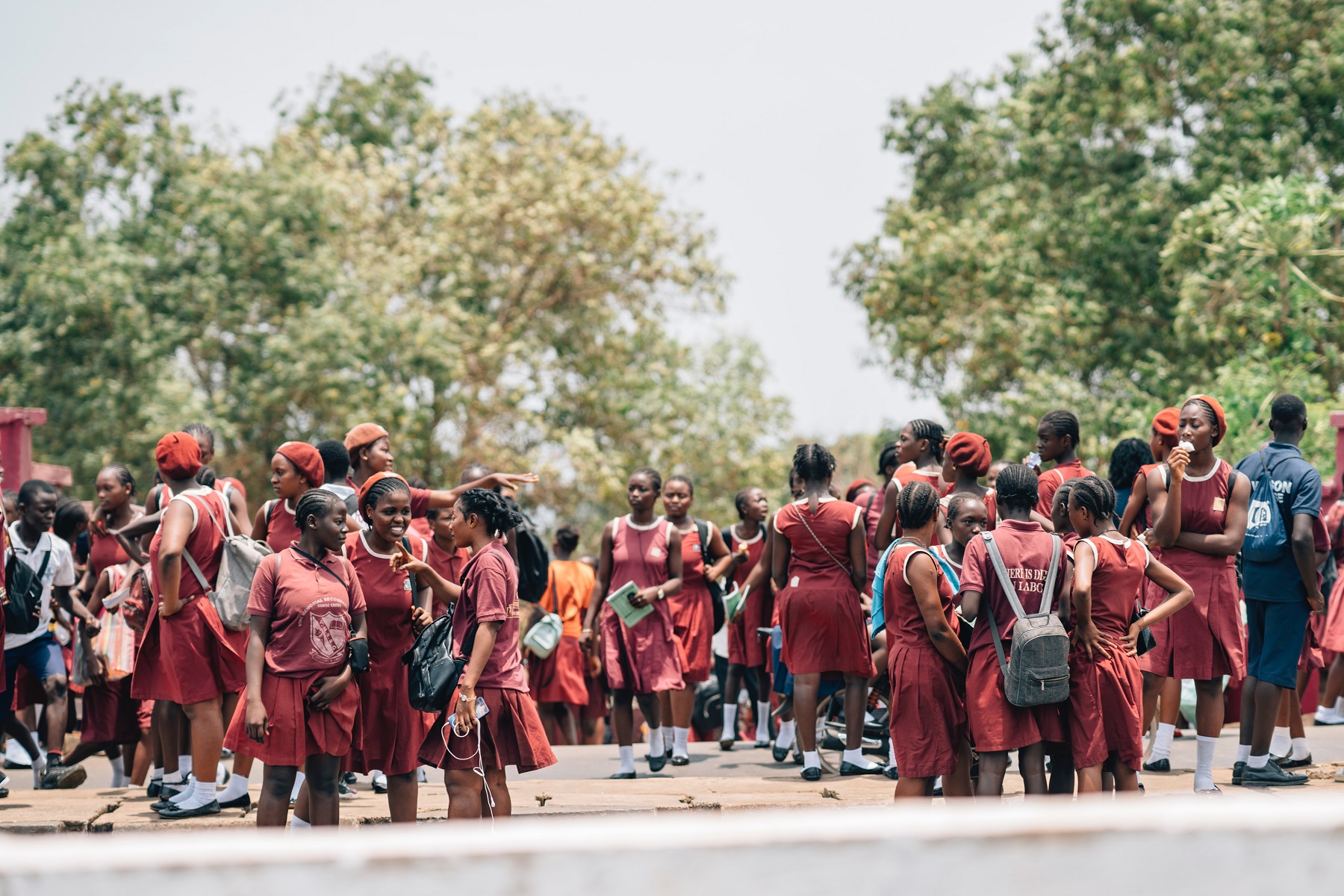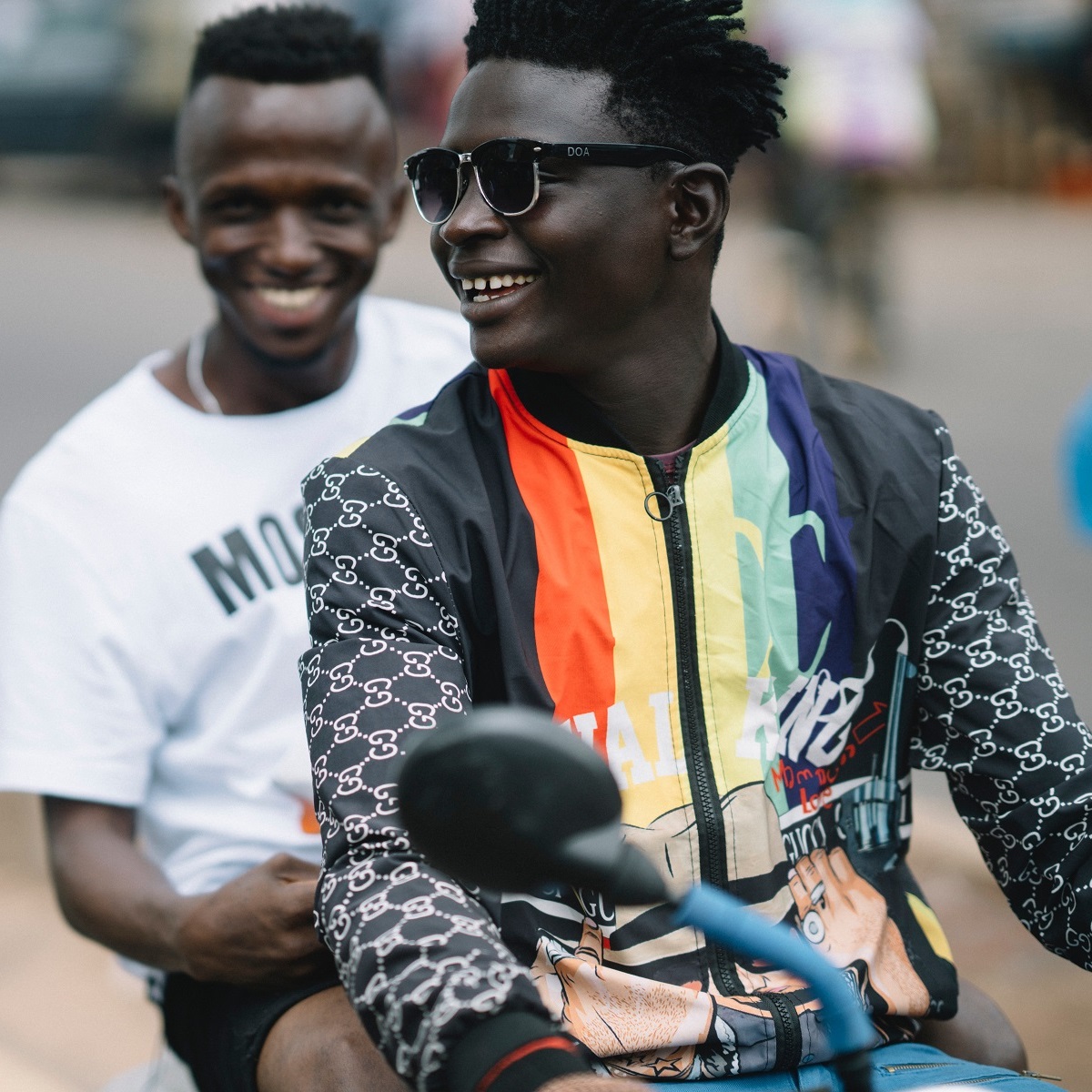Urban development domains
ACRC’s analytical framework uses the concept of urban development domains to transcend both sectoral and traditional systems-based thinking. We define domains as fields of power, policy and practice that are relevant to solving particular problems and/or advancing specific opportunities in relation to cities.
This blog series delves into each of our eight urban development domains, providing an overview of their context within African cities and what we are seeking to interrogate and better understand through our research.
By Nicola Banks, Katja Starc Card, Elizabeth Dessie, Rachel Marcus and Susan Nicolai
Young people are central to the opportunities, challenges and crises facing African cities. With 70% of sub-Saharan Africa under the age of 30, urban youth is set to play a potentially game-changing role in development outcomes across African cities in the coming decades.
The opportunities and challenges of the city
City life for young people is often associated with a “modern” lifestyle. The prospect of dynamic urban environments is a major pull-factor for young migrants, who are drawn to cities in the hope of realising their aspirations. They join large urban youth populations, who are all looking for good, well-paid work opportunities, better access to higher education, infrastructure and services, amongst others. But they are often disappointed. For young Africans, these urban “promises” and potentials often fail to translate into better social and economic mobility for their generation. Instead, they face a broad range of deep vulnerabilities.
Cities are difficult places to be young and poor. Increasing urban populations and shrinking formal employment opportunities across African cities mean most livelihoods involve “making do” in an informal and economically insecure world. This is particularly the case for urban youth, who are disproportionately underemployed and unemployed across Africa. These challenges may be faced differently for young men and for young women and for specific groups, such as recent migrants or those living in internally displaced people (IDPs) camps. Some of these challenges are already being made harder by climate change and are likely to increase exponentially.
Groups of young women gather on a street in Freetown, Sierra Leone. Photo credit: Social Income / Unsplash
Stuckness and uncertainty
Urban youth experience a “stuckness”, unable to navigate the key transitions of education, work, health, family and citizenship that pave the way towards adulthood and the realisation of their aspirations. In uncertain urban contexts, these transitions are far from guaranteed or linear, and rapid and prolonged change or crisis – such as the Covid-19 pandemic and climate change impacts, or fragile and conflict-affected settings (FCAS) – deepen and aggravate uncertainties.
In many city contexts, where inequality is high, young people can see, but not realise, the benefits of city living. Their experience is of “waiting” for opportunities, feeling unrecognised as respected citizens who could actively participate in community development. Their self-esteem and hope for the future dwindle, and they become frustrated and disenchanted. In Dar es Salaam, for example, young people highlight that “the city is driving youth crazy”. For some, this – alongside the need to support themselves when opportunities for income-generation are scarce – leads to their engagement in crime or risky behaviours. Urban development policies have (advertently or inadvertently) had a tendency to “hide” youth problems, for example, by pushing them to the outskirts of the city, which aggravates this lack of agency.
Violence
Young city dwellers are at disproportionate risk of violence. Young women experience high rates of gender-based violence. Poverty and insecurity are associated with high rates of early pregnancy for young women, who may have to resort to transactional sexual relationships to make ends meet. Better access to sexual and reproductive health services and affordable childcare is essential for both genders. Young men are at the highest risk of violence resulting in death or serious injury, often vulnerable to institutionalised violence and death from the police and other security services. Youth in FCAS are often more at risk than older people of facing conflict and being exposed to violence and extremism.
Two young men on a bike in Freetown, Sierra Leone. Photo credit: Social Income / Unsplash
Key issues and actors
To address these complex and interconnected challenges, ACRC’s youth domain research will explore some key issues, initially in three of the cities where our research is based: Freetown, Maiduguri and Mogadishu. These challenges include:
- The vulnerabilities urban youth face as they make the five key transitions to adulthood (education, work, health, family and citizenship), and how these are influenced by age and gender.
- The extent to which conflict and fragility further exacerbate the vulnerabilities that young men and women face in ACRC’s focus cities.
- The influence of climate change impacts on opportunities and vulnerabilities for young people, whether and how they are planning their futures to account for these, and how far existing initiatives are helping them to build skills for low-carbon transitions and green economies.
- How public and private finance is invested in programmes targeting young people, and whether and how existing programmes for youth capability development meet the needs of young people in ACRC’s cities, as well as local labour market needs and realities.
- Identifying the range of actors for, and their inclusivity of young people in each domain city.
We will also consider the roles of key actors in this domain:
- Young people – Best practice will put young people and their own agency at the centre of all efforts.
- Communities – There are important roles for communities and community institutions to make space for youth participation.
- Civil society organisations (CSOs), community-based organisations (CBOs) and local non-governmental organisations (NGOs) – These are often crucial (and sometimes the only) vehicles for youth involvement in local governance and development.
- Employers – Investigating the main barriers to employing young people and finding ways to overcome these.
- Formal and informal education provision – Do education institutions offer safe spaces for young people that nurture soft skills alongside learning and what more can be done to build self-confidence, social and leadership skills and labour market knowledge?
- Municipal governance arrangements – How do municipal governance actors responsible for urban development perceive young people, and how do different actors and institutions engage with and/or have responsibility for young residents’ needs?
- National governance arrangements – How are young people integrated into national and municipal governance systems within African cities and countries? To what extent do they feel that these governance arrangements listen and respond to them and their needs, and recognise them in their roles and activities?
By exploring these challenges, the key actors involved, and the city systems underpinning youth and capability development, ACRC is seeking to identify and drive forward solutions to improve opportunities and life chances for young people living in African cities.
Header photo credit: Tim Kelsall, ODI. Addis Ababa, Ethiopia.
Note: This article presents the views of the author featured and does not necessarily represent the views of the African Cities Research Consortium as a whole.
The African Cities blog is licensed under Creative Commons Attribution-NonCommercial-NoDerivatives 4.0 International (CC BY-NC-ND 4.0), which means you are welcome to repost this content as long as you provide full credit and a link to this original post.




